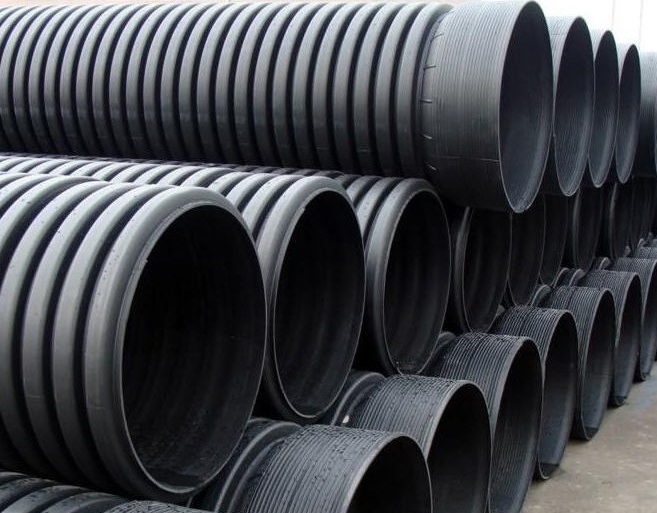Nov . 01, 2024 16:19 Back to list
Different Varieties of PVC Pipes for Various Applications and Services
Types of PVC Pipes and Their Applications
Polyvinyl chloride (PVC) pipes are widely used in various applications due to their durability, affordability, and versatility. These pipes come in different types according to their specific use, pressure class, and strength. Understanding the various types of PVC pipes is essential for selecting the right one for any plumbing or construction project.
1. Schedule 40 PVC Pipe
Schedule 40 PVC pipes are one of the most common types of PVC pipes used in residential and commercial applications. These pipes have a moderate wall thickness, making them suitable for various applications including water supply lines, drainage systems, and irrigation. They can handle pressures up to a certain level, making them ideal for lightweight tasks. Schedule 40 pipes are available in various diameters, generally from ½ inch to 12 inches, which adds to their flexibility for use in different systems.
2. Schedule 80 PVC Pipe
When greater strength and higher pressure ratings are required, Schedule 80 PVC pipes are often preferred. These pipes have thicker walls than Schedule 40 and are thus capable of handling higher pressure applications. This makes them ideal for industrial and commercial uses, such as chemical processing plants, wastewater treatment facilities, and for handling more challenging liquid transfers. Schedule 80 pipes are generally more expensive than Schedule 40 due to their increased strength and durability.
3. PVC-U Pipe
types of pipes pvc service

PVC-U, or unplasticized polyvinyl chloride, is a type of rigid PVC pipe that does not contain any plasticizers, making it more rigid and stronger. These pipes are excellent for applications that require high pressure and are commonly used in construction, drainage, and waste management systems. Their corrosion resistance and long service life make them a suitable choice for various underground installations as well.
4. PVC-C Pipe
PVC-C, or chlorinated polyvinyl chloride, is a special type of PVC that is treated to improve its heat resistance. This makes it suitable for hot water applications, something standard PVC pipes cannot handle as effectively. PVC-C pipes are often used in hot water distribution systems, industrial applications, and for transporting corrosive fluids. Although they are more expensive than standard PVC pipes, their temperature resistance makes them valuable for specific applications.
5. Flexible PVC Pipe
Unlike traditional rigid PVC pipes, flexible PVC pipes are designed to handle bending and flexing, making them ideal for situations where movement is expected, such as in pool installations and under slabs. They are often used in drainage and for irrigation setups. Flexibility helps in reducing installation time and effort, as they can easily adapt to various configurations without the need for extensive fittings.
Conclusion
When choosing a PVC pipe for a specific application, it is essential to consider the type of pipes available and their respective properties. From Schedule 40 and Schedule 80 pipes for different pressure requirements to PVC-U and PVC-C for specialized needs, understanding these options ensures that the right material is selected for optimal performance and longevity. As technology and materials continue to develop, the range of PVC pipes will likely evolve, providing even more options for consumers and professionals alike.
-
High-Quality PVC Borehole Pipes Durable & Versatile Pipe Solutions
NewsJul.08,2025
-
High-Quality PVC Perforated Pipes for Efficient Drainage Leading Manufacturers & Factories
NewsJul.08,2025
-
High-Quality PVC Borehole Pipes Durable Pipe Solutions by Leading Manufacturer
NewsJul.08,2025
-
High-Quality PVC Borehole Pipes Reliable PVC Pipe Manufacturer Solutions
NewsJul.07,2025
-
High-Quality UPVC Drain Pipes Durable HDPE & Drain Pipe Solutions
NewsJul.07,2025
-
High-Quality Conduit Pipes & HDPE Conduit Fittings Manufacturer Reliable Factory Supply
NewsJul.06,2025

